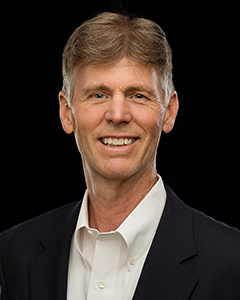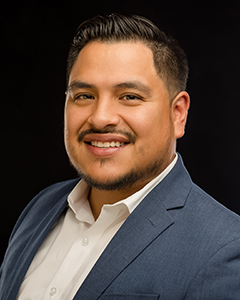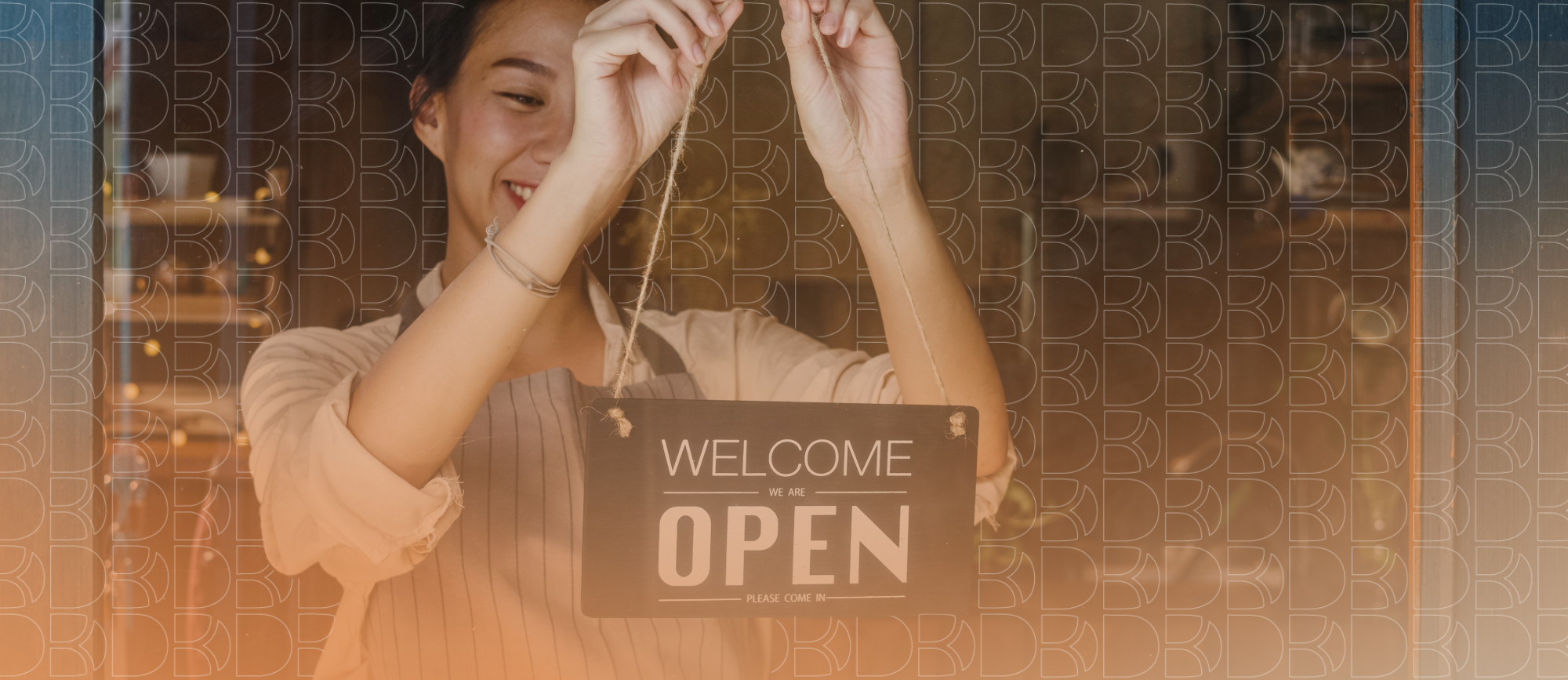April is Community Banking Month—a time to recognize and celebrate the vital role community banks play in fostering local economic growth by building community relationships and supporting small businesses. At Drake Bank, we take pride in being a community partner by building better futures through financial solutions.

To dive deeper into what community banking really means, we sat down with three leaders at Drake Bank: board member Michael Wier, chief banking officer Ted Sirianni, and commercial banker Frank Inamagua. Their insights and perspectives showcase their experience and the value of community banking.
What has your experience been like since joining our community bank?
Michael Wier: I have had a great experience as a board member at Drake Bank—I have witnessed how the team applies the community bank business model to their local market, which leads to the growth and prosperity of their clients.
Ted Sirianni: In my time as a chief banking officer at Drake Bank, I have noted the many long-term relationships the Bank has with businesses, chambers of commerce, non-profits, and respected individuals from the local area. It is encouraging to see how the Bank works hard to serve not only the established businesses and ethnic groups but also how we have invested in programs to benefit newer and underserved groups in the area. Our team has a commitment to our clients and their successes, and it is rewarding to witness those interactions.

What does community banking mean to you?
Frank Inamagua: Since joining the Drake Bank team as a commercial banker, I’ve seen firsthand how a local, relationship-driven approach has a real impact. We don’t just look at numbers on an application; we take the time to understand our clients’ stories, challenges, and goals. Decisions aren’t made in a distant corporate office; they’re made right here by people who care about our community’s success.
Wier: To me, community banking is a genuine relationship banking environment where the bank serves the needs of its local community. I think this service is an important component of facilitating the growth and health of our local communities.
Sirianni: Community banking is about forming relationships where both the client and banker work together. It goes beyond transactions, providing meaningful service that makes an impact in the local community. Over the years, many of my clients and I became partners, finding solutions that benefited both their business and the bank. This trust strengthens everyone, helping us navigate economic ups and downs, which is why many choose to bank with us.

Inamagua: For me, it’s about relationships. Knowing our clients by name, understanding their businesses inside and out, and working alongside them to help them succeed. Unlike larger banks that focus on sheer volume, community banks focus on local economies, reinvesting in the people, businesses, and neighborhoods we serve.
How have you seen community banking in action in our community?
Sirianni: Over the past twenty years, I have seen community banks help many small businesses get started in our community with new business loans providing the capital needed to help add equipment, buy a building, or otherwise grow their business, which in term has provided and saved jobs in our area. Additionally, I have seen bankers give advice that has prevented clients from being caught in financial scams.
Inamagua: I’ve seen this in action time and time again. Whether it’s helping a small business secure the funding it needs to grow, guiding a startup through the loan process for the first time, or simply offering a friendly, familiar face when someone walks through our doors—community banking is about people, trust, and being a partner, not just a provider.
How did you get involved in community banking?
Wier: I have been involved in community banking as an investor for over 30 years and have been able to see how community banks are able to make credit and services available to their local community.
Sirianni: Initially, I sought a good, stable job to help me provide for myself and my family. I was referred to the local bank president for a conversation about the future, and it became a career and a passion for me as I grew to appreciate the difference I was able to make in the community and for the individuals and businesses that I served.




